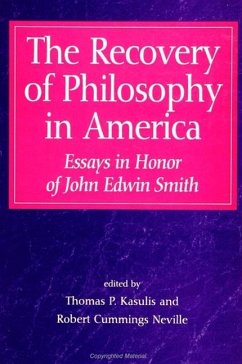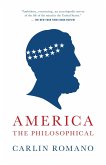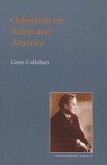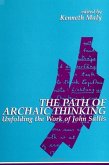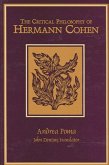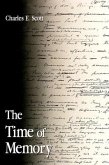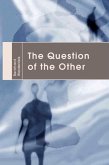This collection of essays by leading American philosophers honors John E. Smith, a major figure in the struggle for the American profession of philosophy to redefine itself and return to its grander traditions. Philosophy in America enjoyed a golden age at the end of the nineteenth and beginning of the twentieth centuries with the flourishing of distinctive and original schools of pragmatism, idealism, and naturalism. These American philosophies shared a family of conceptions of human experience far richer than their contemporary European schools of empiricism and phenomenology. The American conceptions of experience embrace critical and speculative conceptions of reason, presenting decisive alternatives to the Kantian foundationalist project that expressed itself in positivism, analytic philosophy, and phenomenology. During the middle part of the twentieth century these American philosophies were eclipsed by the European schools, however, and philosophy was reduced from the public intellectual roles given it by the likes of William James and John Dewey to a narrow academic practice interesting to few other than academic philosophers. This book celebrates the recovery and new growth of American philosophy in a stunning variety of connected and vital intellectual projects represented by its contributors: George Allan, Douglas R. Anderson, Lewis S. Ford, Errol Harris, Richard Hocking, Thomas P. Kasulis, George R. Lucas, Jr., Robert Cummings Neville, Donald W. Sherburne, Merold Westphal, Kuang-ming Wu, and Carl G. Vaught.
Hinweis: Dieser Artikel kann nur an eine deutsche Lieferadresse ausgeliefert werden.
Hinweis: Dieser Artikel kann nur an eine deutsche Lieferadresse ausgeliefert werden.

